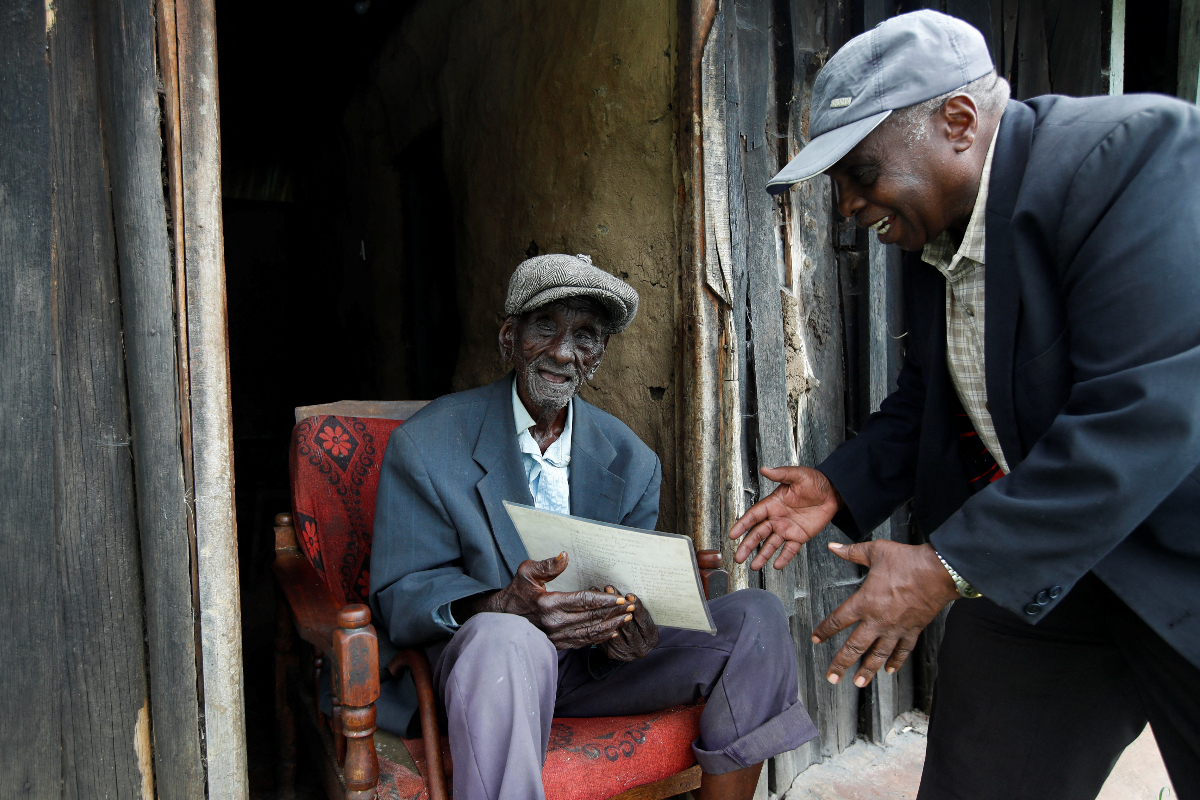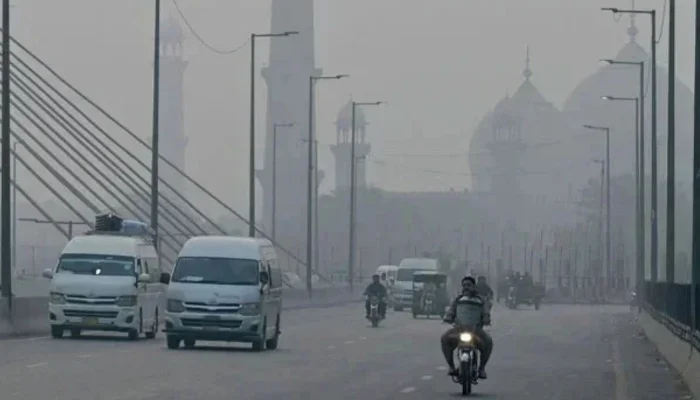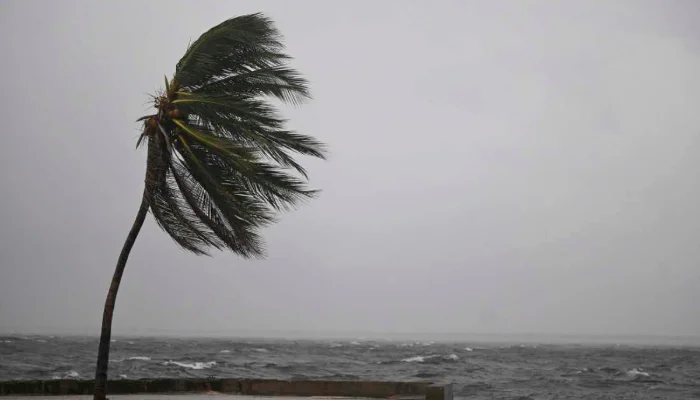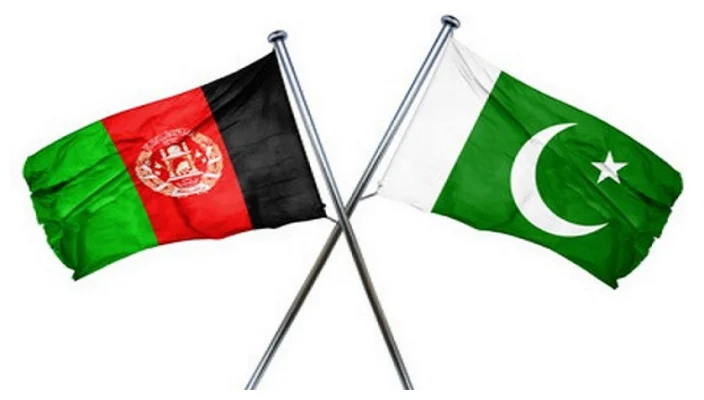- Dispossessed Kenyans ask for compensation ahead of King Charles’ visit.
- The British government expressed regret for the abuses during 1952-1960.
- King Charles will not visit western Kenya during his upcoming trip.
Kibore Cheruiyot Ngasura was part of a group of young men selected to sing for her near Lake Victoria in 1952, during Princess Elizabeth’s visit to Kenya.
They had hoped to appeal to her for the relocation of their parents from the detention camp in Gwassi, where members of the Talai clan had been held under suspicion of opposing British colonial rule for nearly two decades.
However, Elizabeth’s visit was cut short due to her father’s death.
Now, more than 70 years later, King Charles is set to visit Kenya on a state visit. Ngasura, now around 100 years old, has a message for the royal visitor, expressing a desire for compensation for the hardships they endured during the colonial period.
The injustices resulting from British colonization remain a present-day reality for some communities in western Kenya while Buckingham Palace has acknowledged “painful aspects of the UK and Kenya’s shared history.”
A 2021 U.N. report revealed that over half a million Kenyans in the region near Kericho had suffered gross human rights violations during British colonial rule, including unlawful killings and land expropriation.
The British colonial administration took ancestral lands from Kenyan communities in the western highlands, granting them to British settlers. Much of this land has become tea plantations owned by multinational companies today.
Joel Kimetto, a representative of the Kipsigis ethnic group, to which the Talai clan belongs, pointed out that their people continue to live in poverty.
The majority of their fertile lands were taken by the British, pushing them into hilly, rocky, and unproductive native reserves.
The British government expressed regret for the abuses during a 1952-1960 uprising in central Kenya and reached an out-of-court settlement in 2013 to compensate elderly Kenyans who suffered during “the emergency.” However, it has not addressed the claims raised by the Kipsigis and Talai.
King Charles will not visit western Kenya during his upcoming trip. The British government has previously shown reluctance to engage in compensation discussions with these communities, stating they have “no intention to enter any process” to resolve the claims, as per the U.N. report.
Ngasura recounted his experience of being rounded up in 1934 as a young boy along with around 700 Talais and marched to Gwassi.
He and a few others were relocated in 1945 to a detention camp nearer to Kericho following protests by the young men. They were released in 1962, but their ancestral land was no longer theirs.
Ngasura managed to purchase a small plot from a British army captain, and today, he and his descendants survive with a few cows and maize crops. It’s a far cry from the vast and fertile land they once had where they could raise livestock and collect honey.
To stay informed about current events, please like our Facebook page https://www.facebook.com/BOLUrduNews/.
Follow us on Twitter https://twitter.com/bolnewsurdu01 and stay updated with the latest news.
Subscribe to our YouTube channel https://bit.ly/3Tv8a3P to watch news from Pakistan and around the world.
[embedpost slug=”book-premier-held-for-ishfaq-ahmads-book-on-prophet-pbuh-in-texas/”]


















